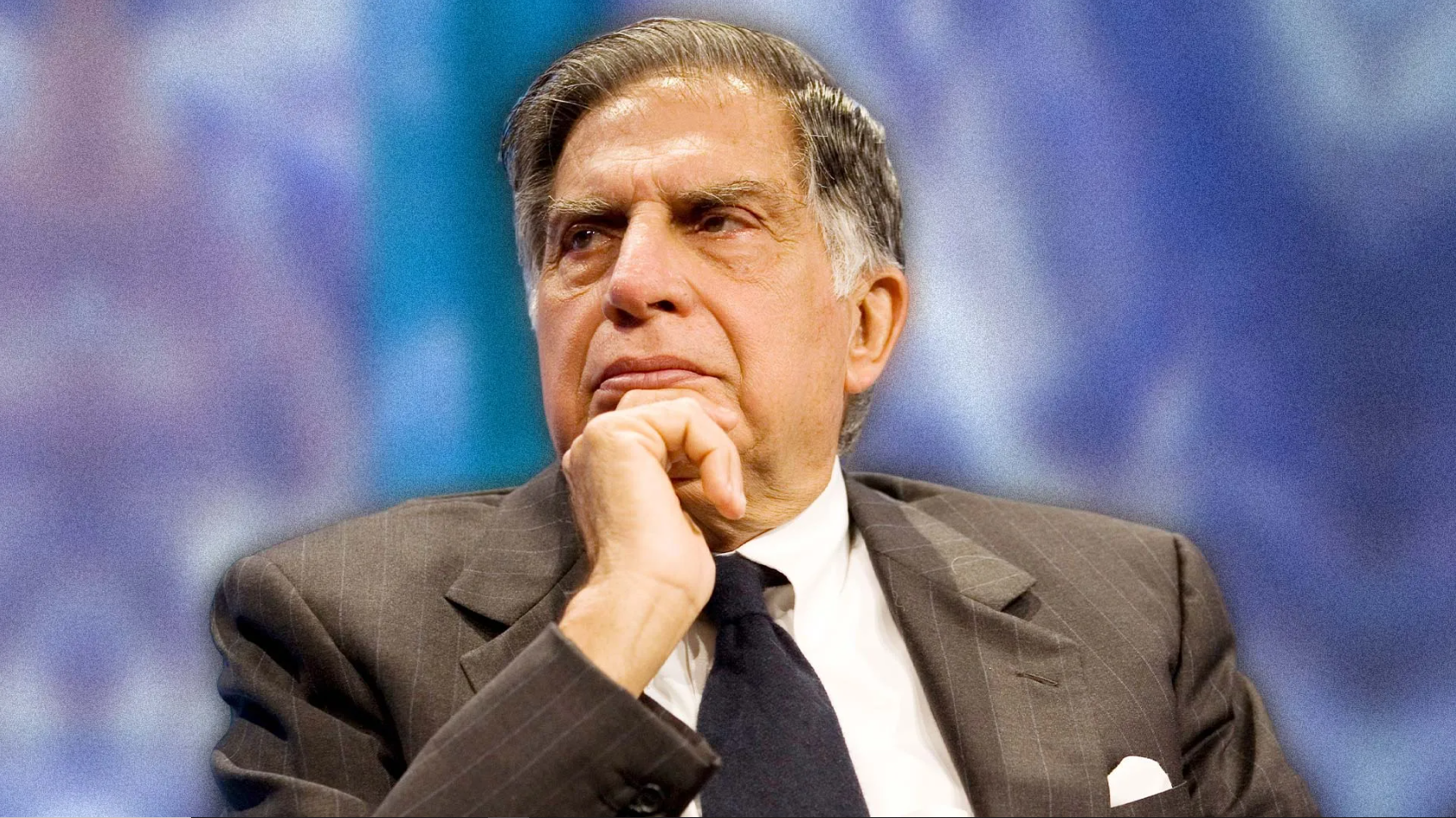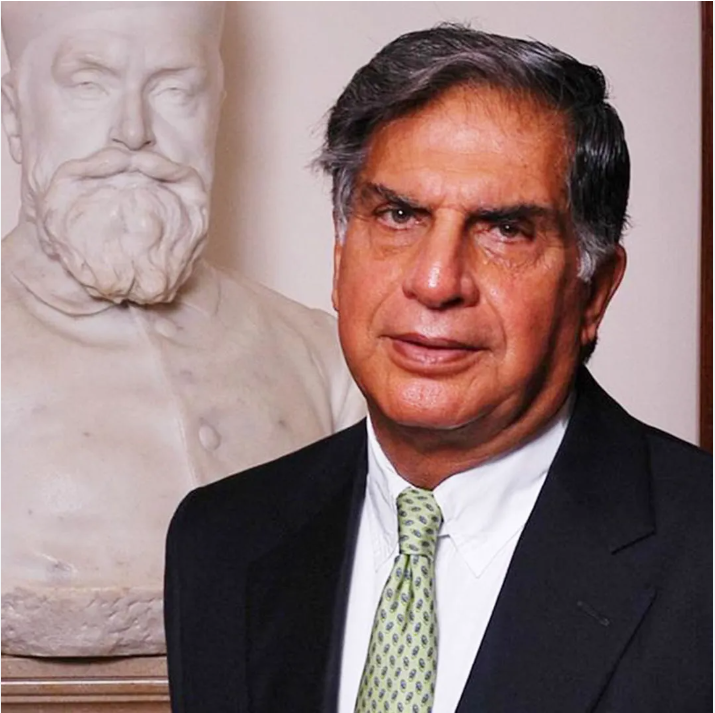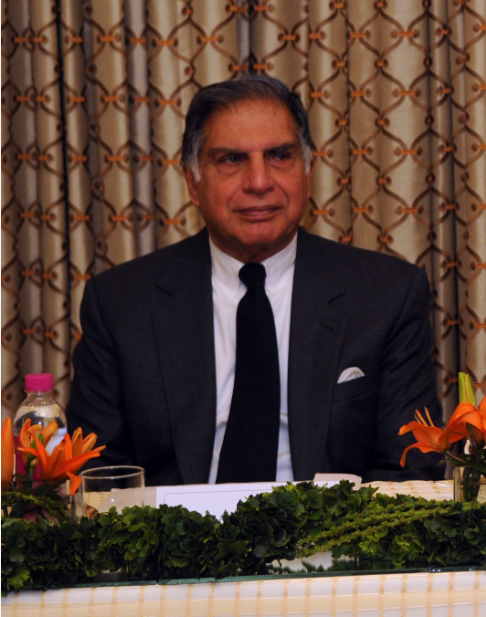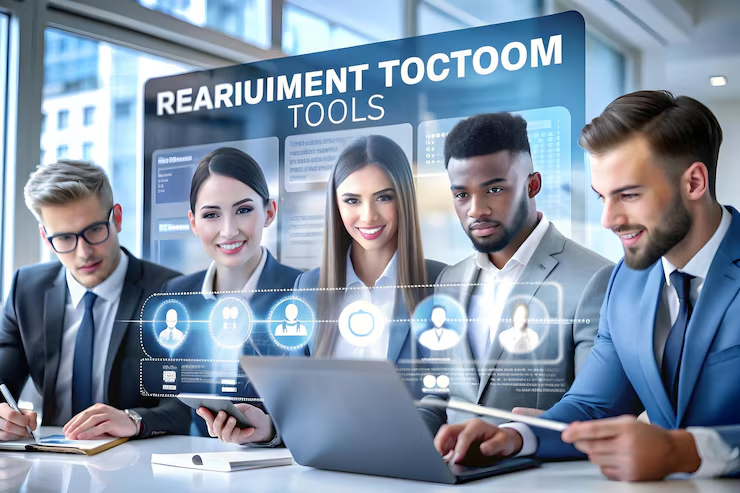Remembering Ratan Tata: A Legacy of Leadership and How It Connects to HRMS Software
Business icons in India are few and far between, but Ratan Tata was one of them, so it’s a shock to hear that he died on Wednesday at the age of 86 in Mumbai. In the final days of his life, he spent several days in the hospital. During Ratan Tata’s 21 years as chairman and chief executive, from 1991 to 2012, the Tata Group’s profits grew 50 times, with much of the revenue coming from international sales of well-known products like Jaguar and Land Rover cars and Tetley teas. As such, his contributions go beyond profits and market share.
Even though the Tata Group expanded globally, its influence in India remained strong under his leadership. For many middle-class Indians, Tata products were a part of daily life. They started their day with Tata tea, used Tata Photon for internet access, watched TV on Tata Sky, traveled in Tata taxis or their own Tata cars, and relied on many products made with Tata steel. He believed that any business needs to empower, value, and care for its employees for effective leadership. Indeed, his death will be a huge loss but the business values that he implemented will continue to inspire businesses worldwide.
One way to pay tribute to the legacy of Ratan Tata is through showing his people-first philosophy by using Human Resource Management Software. HRMS is the software used to manage core activities pertaining to human resources such as payroll, performance tracking, employee engagement, and development, hence supporting the vision of building a company on the strength of its employees desired by Tata. In the following article, we will learn more about how organizations and companies can employ HRMS to continue his legacy.


The People-First Approach: What Ratan Tata Lives By
The leadership of Ratan Tata goes beyond expanding the Tata Group into international markets or launching new products but is much more strongly focused on building a corporate culture, where employees’ welfare is placed as the first priority. He felt that the real strength of any company came from its people and that business could grow only by building and taking care of talents while creating a stress-free working environment.
Tata’s philosophy of doing good reflected not only in his interactions with society and his philanthropic efforts but also in how he managed his workforce. He initiated campaigns for engaging, developing, and well-being of people. Tata Group companies were organizations that put people first. Ratan Tata once said, “If you want to walk fast, walk alone”. If you want to walk far, walk together.” He reflects this with his strong belief that collective growth and employee empowerment are the keys to long-term business success.
Do you want to know more about our hihellohr Software?
Honoring Ratan Tata's Legacy: How Companies Can Pay Tribute Through HRMS Implementation
One way to show tribute to Ratan Tata via businesses and organizations is by implementing the HRMS software for employees’ welfare. HRMS helps streamline HR processes, enhances employee development, and increases engagement—all of which Tata deeply treasured. Below we have shown the ways companies can live up to Ratan Tata’s working principles in corporate work culture:
-
1. Engage and Communicate with Employees
He believed employees deserve to be heard, valued, and respected. HRMS plays a significant role in promoting this type of communication. Tools such as employee feedback systems, internal messaging platforms, and engagement surveys make it very easy to communicate thoughts, concerns, or suggestions to the employee. Effective communication builds trust. Features like real-time communications and feedback help create an open and supportive environment in workplaces and fit perfectly with Ratan Tata's vision of nurturing a workplace to be where people are valued.
-
2. Streamlining HR Processes and Increasing Efficiency
Representing the Tata leadership, there was efficiency and innovation. Tata Group would adopt the newest technologies applicable to operations during his tenure. This belief is an extension of the HRMS software, whose implementation automates payroll management, attendance tracking, and onboarding of employees. Such automation helps save administrative work for HRMS, which now can concentrate on more strategic initiatives like developing employees and shaping organizational culture-in its operations. This increased efficiency also reflects the way Ratan Tata runs the business: he was always finding ways to improve processes without compromising the output quality or the ethics associated with it.


-
3. Employee Growth and Development Support
According to Ratan Tata the glory of any organization lies in its talent development and growth. He always opened up the doors to all kinds of continuous learning, so he could provide his employees with enough facilities to learn new skills and take leadership responsibility. All of these HRMS software support his philosophy by training and developing skills through learning management systems, career development modules, and performance tracking. Therefore, in this way, there will always be a continuous development of skills and knowledge within the workforce. This employee growth also provides companies with the opportunity to continue doing such things as talent nurturing and continue to look for development within its ranks.
-
4. Improve Retention, Turn Over Rate of Employee
Ratan Tata realized that great talent can be retained and long-lasting relationships built with the employees. High turnover is very poisonous to any business, not only in terms of investing money by recruiting and training new employees but also because once it increases, it also impacts the morale of the company and its reputation. HRMS helps overcome such problems by boosting employee engagement and satisfaction to reduce turnover. It enables the organization to detect and resolve employee concerns at the earliest stage, using sentiment analysis and employee satisfaction surveys. This is in line with what Ratan Tata believes: 'A business must be able to create loyal and dedicated resources.
Conclusion
Business leaders and even outsiders continue to draw inspiration from Ratan Tata’s vision of ethical leadership, human empowerment, and organizational excellence. But even after his death people are going to remember his values that represented integrity, empathy, and the way he cared about his employees. HRMS software is thus an excellent tool for companies that would like to adopt and continue Tata’s legacy.
Related Articles:



